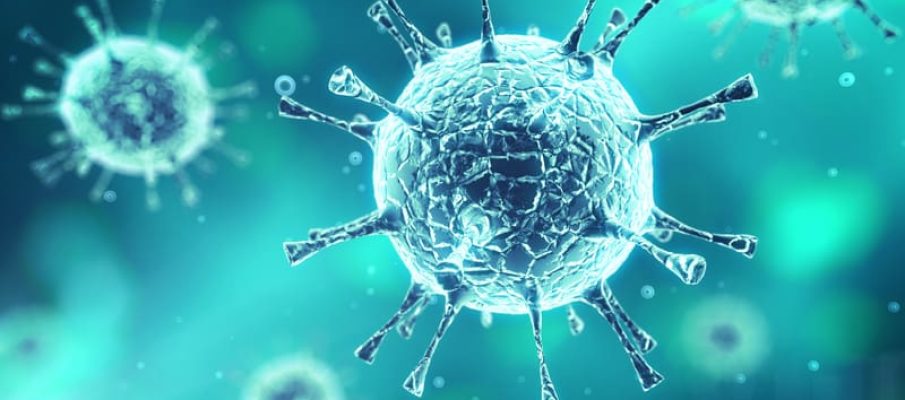Most people like to be helpful! We like to help make our friends healthier, wealthier, and wiser.
This desire to be helpful can sometimes lead to painful consequences, though. For some bizarre reason that I can’t fathom, certain people invent stories about health and try to make them go viral on the Internet. Many of these messages cite Johns Hopkins University as the originator because our reputation in academic medicine gives credibility to these ideas.
For example, one viral email had the subject line, “CANCER UPDATE FROM JOHN HOPKINS.” Apart from the incorrect spelling of our name, the email was filled with false information. The gist of the message was that therapies for cancer (including surgery, chemotherapy, and radiation) don’t work. Patients should adopt dietary strategies instead.
The information in the email was a hoax, and this is documented in a statement issued by The Sydney Kimmel Comprehensive Cancer Center at Johns Hopkins. Click here to see the full text of the statement.
Other “helpful” advice attributed to Johns Hopkins concerns the use of plastic containers for food and water. The claim in these hoaxes is that freezing or heating bottles of water releases carcinogenic chemicals. Click here to see a refutation of this by Bloomberg School of Public Health at the university.
Other viral emails claim that they will teach you how to diagnose, treat, or prevent any number of diseases and conditions. Most of these “Please Share” messages on Facebook are only partly true or completely false, and sometimes dangerous.
My advice is not to spread this kind of health “information.” Employees of Johns Hopkins should be especially wary because our association with the institution may make these hoaxes more believable.
The consequences of such hoaxes are sad. They might scare people unnecessarily; they might give false hope to someone living with an illness; and they might even lead someone in the direction of a therapy that doesn’t work.
Spreading false health information can cause serious harm, so people should view all advice they see on the Internet with healthy skepticism. And we should never forward or share information unless we are certain that it is truly helpful — and has no possibility of causing harm.







